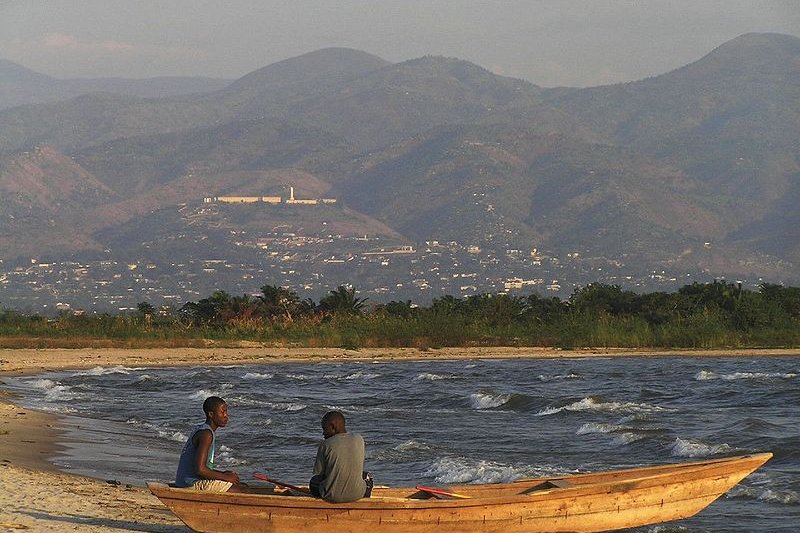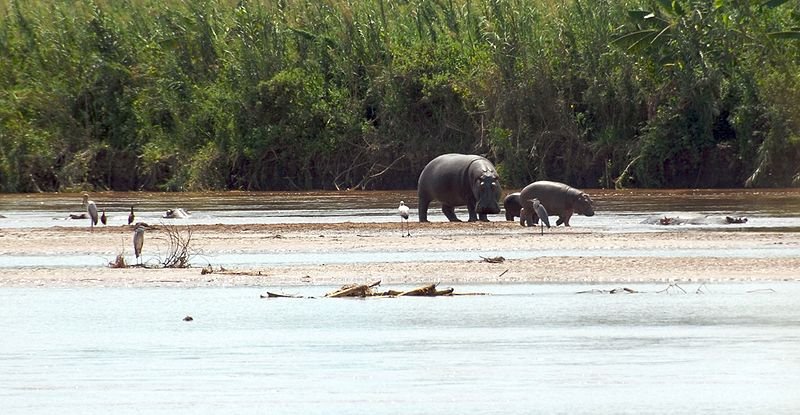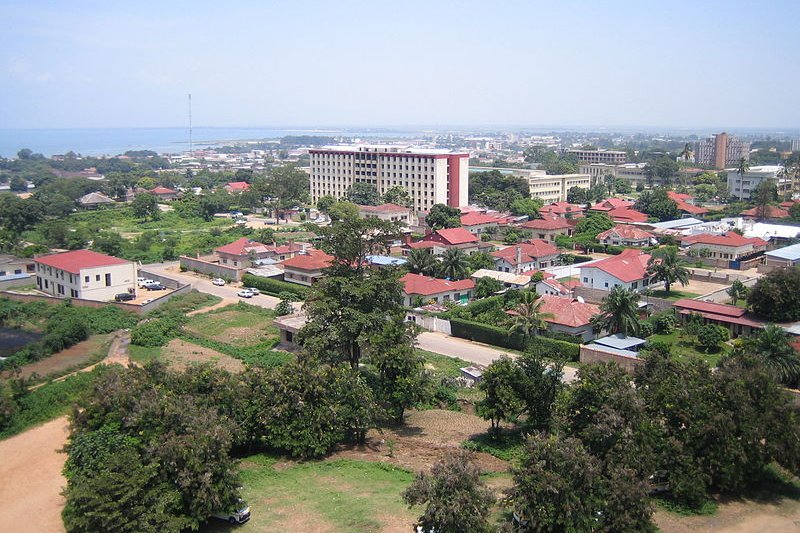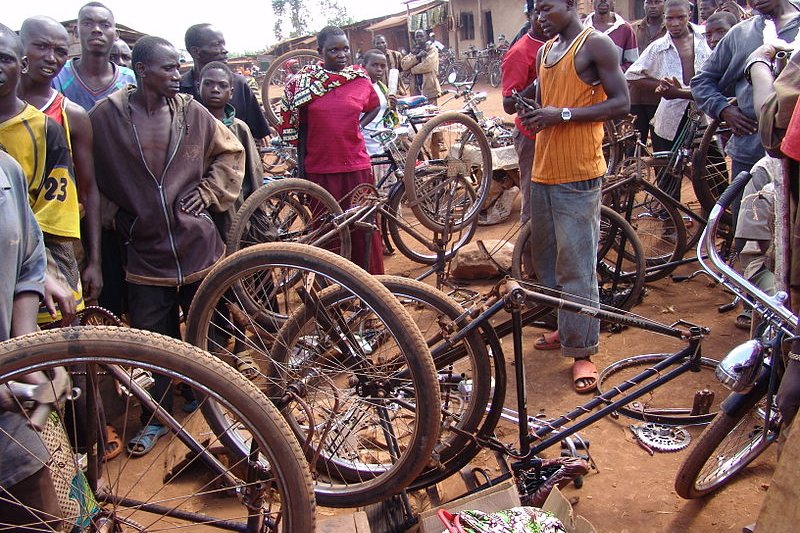 Fishermen at Lake Tanganyika, Burundi
Fishermen at Lake Tanganyika, BurundiSource: https://commons.wikimedia.org/wiki/File:Burundi_-_Lake_Tanganyika_fisheries.jpg
Author: FRANCESCA ANSALONI

Places in Burundi on this website
The Republic of Burundi is a small landlocked country in Central Africa. It is bordered by Rwanda to the north, Tanzania to the east and south, and the Democratic Republic of the Congo to the west. Burundi covers 28,000 sq km and has a population of almost 8.7 million people (2011 estimate).
Burundi is one of the ten poorest countries in the world. The country has a nominal GDP of US$1.321 billion (2009 estimate) and a per capita nominal GDP of just US$162 (2009 estimate). The country has suffered for civil wars, corruption, large population of under educated and the ravages of HIV/AIDS. 62% of the population are Roman Catholic, 8%-10% are Muslims, while the rest follows indigenous beliefs or other Christian denominations.
Burundi was part of the German East Africa until the end of World War I, when Germany was forced to hand over the territory to Belgium. The area, which includes modern-day Burundi and Rwanda, became the Belgian Leage of Nations. In practical terms, it became known as Ruanda-Urundi, ruled by a kingship dynasty.
 Hippos at Rusizi National Park, Burundi
Hippos at Rusizi National Park, BurundiSource: https://commons.wikimedia.org/wiki/File:Rusizi_NP_hippopotamus.jpg
Author: d_proffer

On 20 January, 1959, the ruler of Burundi Mwami Mwambutsa IV requested from the Belgian Minister of Colonies that Ruanda-Urundi be dissolved and the two territories be separated. This was due to instability and ethnic persecution of Tutsi tribespeople by Rwandese Hutu tribespeople in Rwanda. It culminated with a massacre of Tutsis in November 1959.
Burundi declared independence on 1 July, 1962. That was also when it changed its name from Ruand-Urundi to Burundi. Mwami Mwambutsa IV was named the king of Burundi. A month later it joined the United Nations. Fighting between the two belligerent tribes continued with coups and assassinations.
Today Burundi continues to be a poor, under developed country with a volatile political climate. Although visitors are warned about such troubles, those who visit it will discover a country that has retained its rich culture and kept alive its traditional dances and handicrafts.
 Bujumbura, the capital of Burundi
Bujumbura, the capital of BurundiSource: https://commons.wikimedia.org/wiki/File:BujumburaFromCathedral.jpg
Author: SteveRwanda

Burundi experiences a tropical highland climate. Depending on the elevation, the temperature averages at 20°C. On the banks of Lake Tanganyika, it is at 23°C while on the highest mountains, it drops to 16°C. The country comprices 16 provinces. The capital and largest city is Bujumbura.
Planning your visit to Burundi
All nationalities to Burundi require a visa except for the citizens of Uganda. Visas cost US$80 and is obtainable on arrival.By Plane
The Bujumbura International Airport is the main gateway for visitors. It is served by Kenya Airways, Fly 540, Rwandair Express and Brussels Airlines, among others.
 Ruyigi bicycle workshop, Burundi
Ruyigi bicycle workshop, BurundiSource: https://commons.wikimedia.org/wiki/File:Bicycle_workshop_Ruyigi.JPG
Author: Andreas31

Major Cities in Burundi
- Bujumbura - capital
- Bururi
- Cibitoke
- Gitega
- Muyinga
- Ngozi
Nature Sights of Burundi
- Bururi Natural Reserve
- Karera Falls
- Kibira National Park
- Nyakazu Break
- Rusizi Natural Reserve
- Ruvubu National Park
- Rwihinda Lake Natural Reserve
- Vyanda Natural Reserve
 Latest updates on Penang Travel Tips
Latest updates on Penang Travel Tips

Copyright © 2003-2025 Timothy Tye. All Rights Reserved.

 Go Back
Go Back